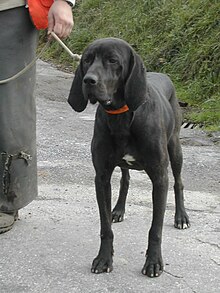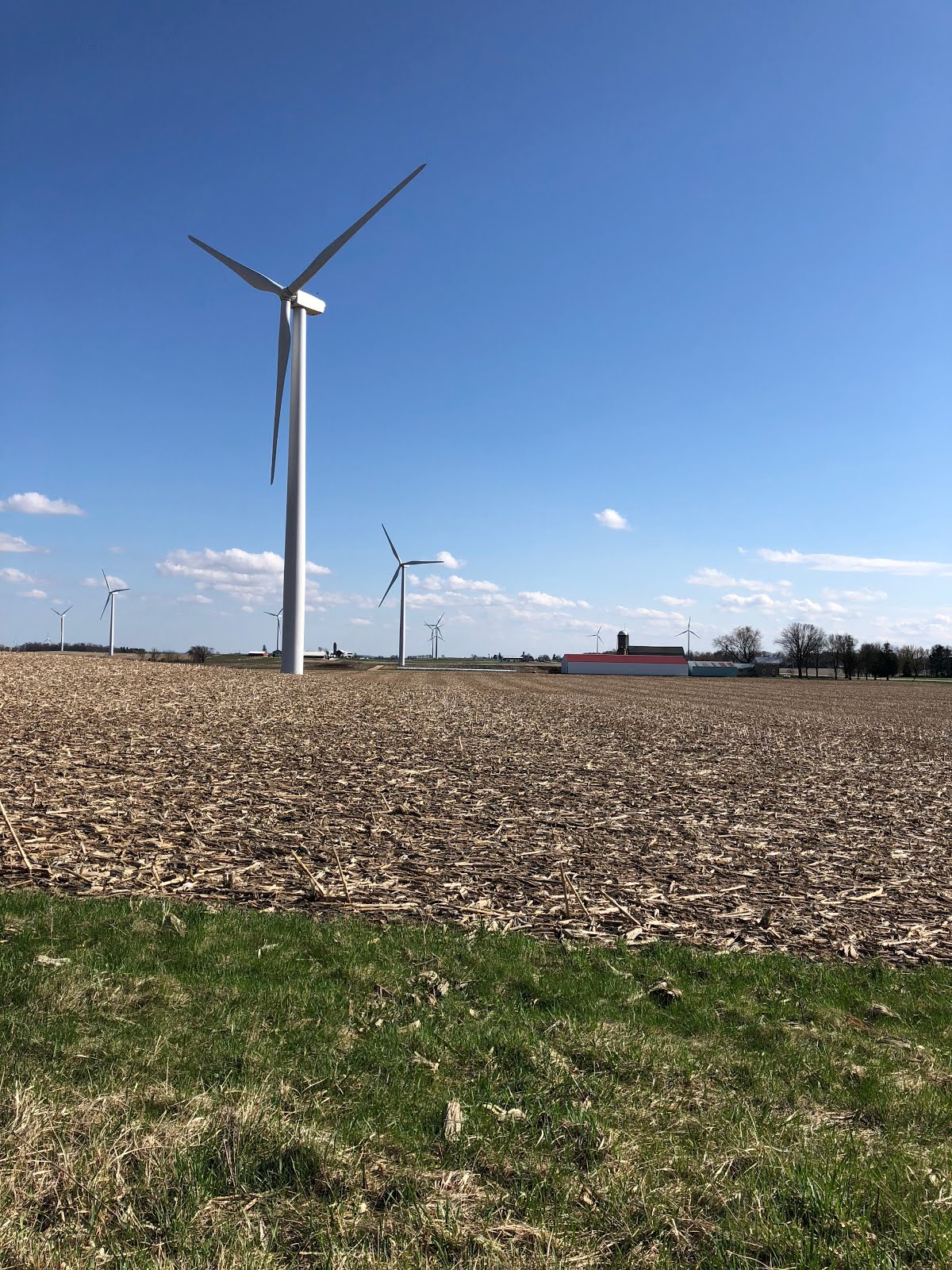Science affirms cruelty of state-sanctioned WI wolf-dog fighting
Readers of this blog know I track the annual state enabling that reimburses hunting hound owners who let their dogs chase wildlife off-leash and right into violent encounters with wolves.
So I thought this interesting piece in The Washington Post shines another needed bright light on the unethical thoughtlessness that underpins this only-in-Wisconsin throwaway dog program as it closes out its 34th bloody year:
21st WI hound since 7/7 sent into fatal fight with wolves. Check, please.
The last seven hunting hounds sent to their violent deaths in what amounts to state-sanction-and-subsidized wolf-dog fighting in Wisconsin were all Plott hounds, perhaps like this one.
So I thought this interesting piece in The Washington Post shines another needed bright light on the unethical thoughtlessness that underpins this only-in-Wisconsin throwaway dog program as it closes out its 34th bloody year:
What makes dogs so special and successful? Love.
Clive Wynne, a psychologist and founder of the Canine Science Collaboratory at Arizona State University, has a new book that walks readers through the growing body of dog science. In it, he argues that what makes dogs remarkable is not their smarts, but their capacity to form affectionate relationships with other species — in short, to love.
I’m not saying human and dog love are identical. I’m just saying there’s enough similarity between how dogs form strong emotional bonds and how people form strong emotional bonds that it’s fair enough to use the love word....
If you show dogs in MRI scanners objects that remind them of either food or the presence of their owners, you can see how their brains light up. And the reward centers of the brain light up more strongly to signals that say “Your owner is nearby” than to signals that say “You’re going to get a piece of sausage.” That’s really strong evidence inside the brain that the presence of a beloved human is rewarding to a dog in itself.










No comments:
Post a Comment